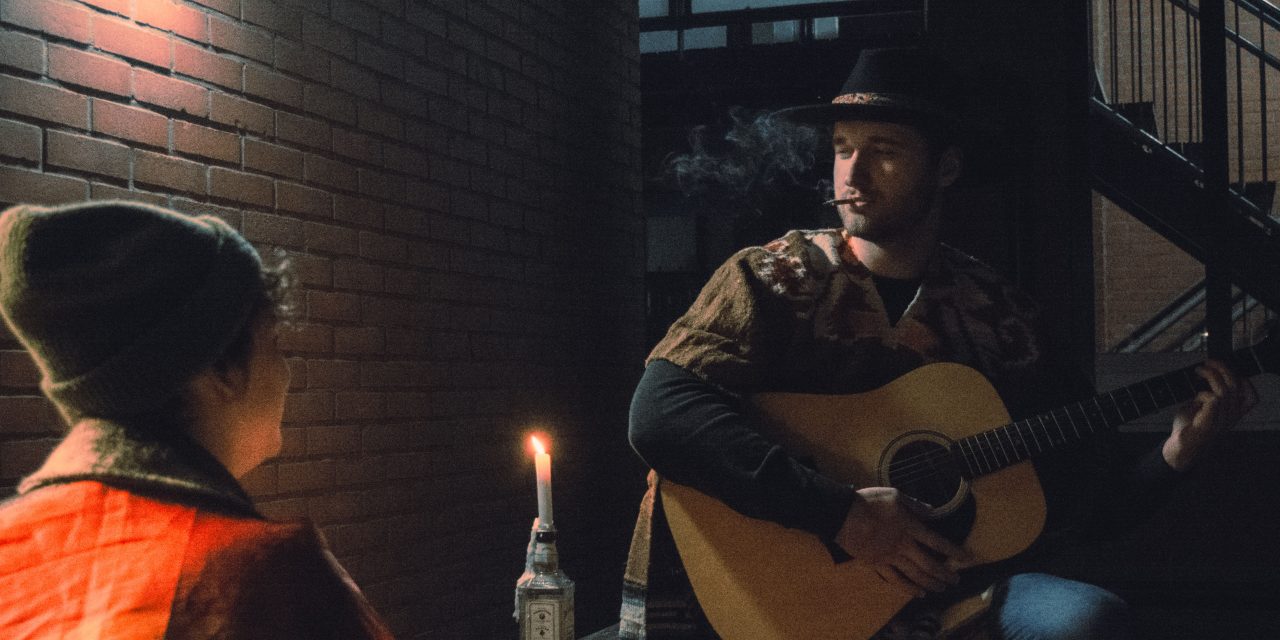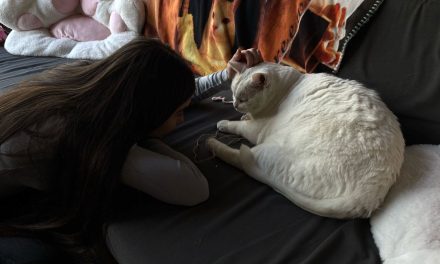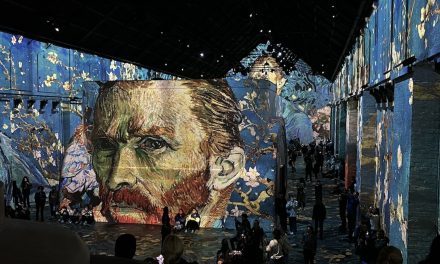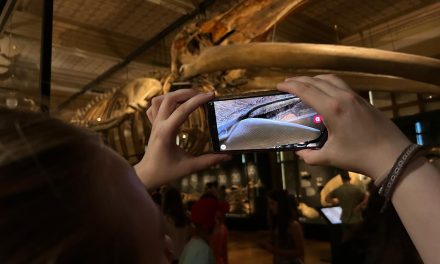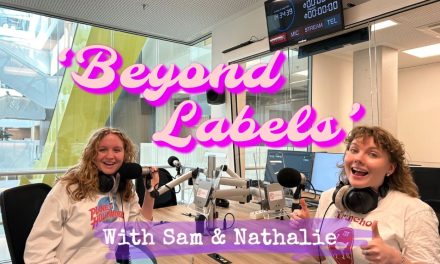Country music is evolving to being more inclusive. Slowly and steady with artists like Orville Peck, Lil Nas X and Trixie Mattel, an artist who plays country music in drag. Maren Morris, an artist who came up in countrymusic, apologizes on Rupauls Drag Race for how countrymusic treats the LGBTQ+ community.
Silke Weeber (20) a Dutch country/folk artist loved the apology from Maren Morris. “I think , especially in Amerika, most old country lovers connect it to masculinity” Weeber continues “I don’t think people realize that in the old wild west there were a lot of people of color or LGBTQ+ cowboys, because as a cowboy you had a lot of freedom.”

Photo by Jester van Schuylenburch
Hana Klempnauer Miller writes in her research paper for the Brandeis University that “Specifically looking to Coopers masterpiece, The Leatherstocking Tales, the relationship between protagonist Natty Bumppo and his “friend” Chingachgook is deeply romantic and intimate. As D. H. Lawrence describes it, the two characters have a relationship “deeper than the deeps of sex.” While Cooper does not detail explicit sex between the two, their relationship is unmistakably homosocial.” Miller explains that for a fact cowboys or frontier men had same sex relationships. She uses the book “The Leatherstocking Tales” by James Fenimore Cooper to make this argument.
Miller continues about the making of the Hollywood cowboy and why the Hollywood cowboy is a typical masculine, mostly white man.
“If there is something national about the cowboy and if there is something homo-erotic about the partnerships he forms in the wilderness, then there is something homo-erotic about American national identity. This would be something seemingly contradictory to the reinforcement of homosexuality as other and anathema to the American/masculine ideals, the cowboy was supposed to represent. Accordingly, mythmakers sought to erase any and all lasting ties between men, and the image of the cowboy as a lone ranger was born.”
Miller wrote this paper about the movie “Brokeback Mountain” (2005) which is a story about two cowboys who have a relationship.
Times are changing and masculinity too. Even in country music. Braden Leap writes in his study: “I find that working-class occupations and heterosexuality were relatively consistent components of representations of men across these decades. (…) from a traditional breadwinner towards men providing women with alcohol, transportation, and places to hook up.”
Orville Peck says in an interview with Variety that there have been backlashes as a gay country artist but far less then he was expecting.
Weeber thinks country music is changing again because it’s finding a new audience with some help of streaming services.
